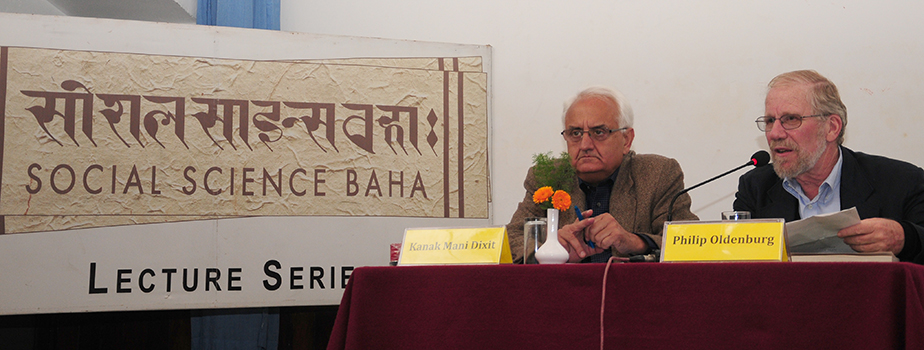Lecture Series
The Judiciary As A Political Actor In Pakistan

Philip Oldenburg
on
The Judiciary as a Political Actor in Pakistan
The emergence of a judicially-active Court led by Chief Justice Iftikhar Muhammad Chaudhry, followed by the exhilarating lawyers’ movement (2007-09) seemed to mark a watershed in the role of the judiciary in Pakistan. Some say that the Court, in the five years of democratic rule culminating in the May 2013 election, made use of the revival of the rule of law to enforce constitutional limits on power abuse by elected officials, thus preserving democracy while others see the Court as partisan, going after the Pakistan People’s Party (PPP).
Pakistan has what some label a ‘partial’ democracy, or a ‘hybrid’ regime–oscillating between an autocracy when the military is openly in power–and a flawed democracy–when relatively free and fair elections occur and forcible suppression of dissent declines–but the military retains control over significant parts of the state. Shedding its previous role of a rubber-stamp institution legitimising military-bureaucratic rule, the Chaudhry court has, at times, appeared to claim that with the separation of powers, and the constitutionally-established position of independence of the judiciary, it could legitimately act as an autonomous political force, and, thus, decisively shift Pakistan away from autocracy. It remains to be seen whether that is plausible, or whether the Court will find itself once again as a referee in the tug-of-war between the military-bureaucratic establishment and the newly-energised elected politicians, triumphant last year in the first-ever peaceful transition from one party to another but seemingly paralysed when faced with a faltering economy and an implacable and violent set of jihadi groups.
* * *
Listen to or download lecture in audio format
Philip Oldenburg, with a PhD from the University of Chicago (1974), has taught political science at Columbia University since 1977 and has served there as Director and Associate Director of the Southern Asian Institute. His published scholarly work focuses mainly on Indian politics, particularly local government and elections. He was editor or co-editor of ten volumes in The Asia Society’s India Briefing series. His most recent book is India, Pakistan, and Democracy: Solving the Puzzle of Divergent Paths (2010). His current research and writing project has the working title of ‘The Indian Politician’.
